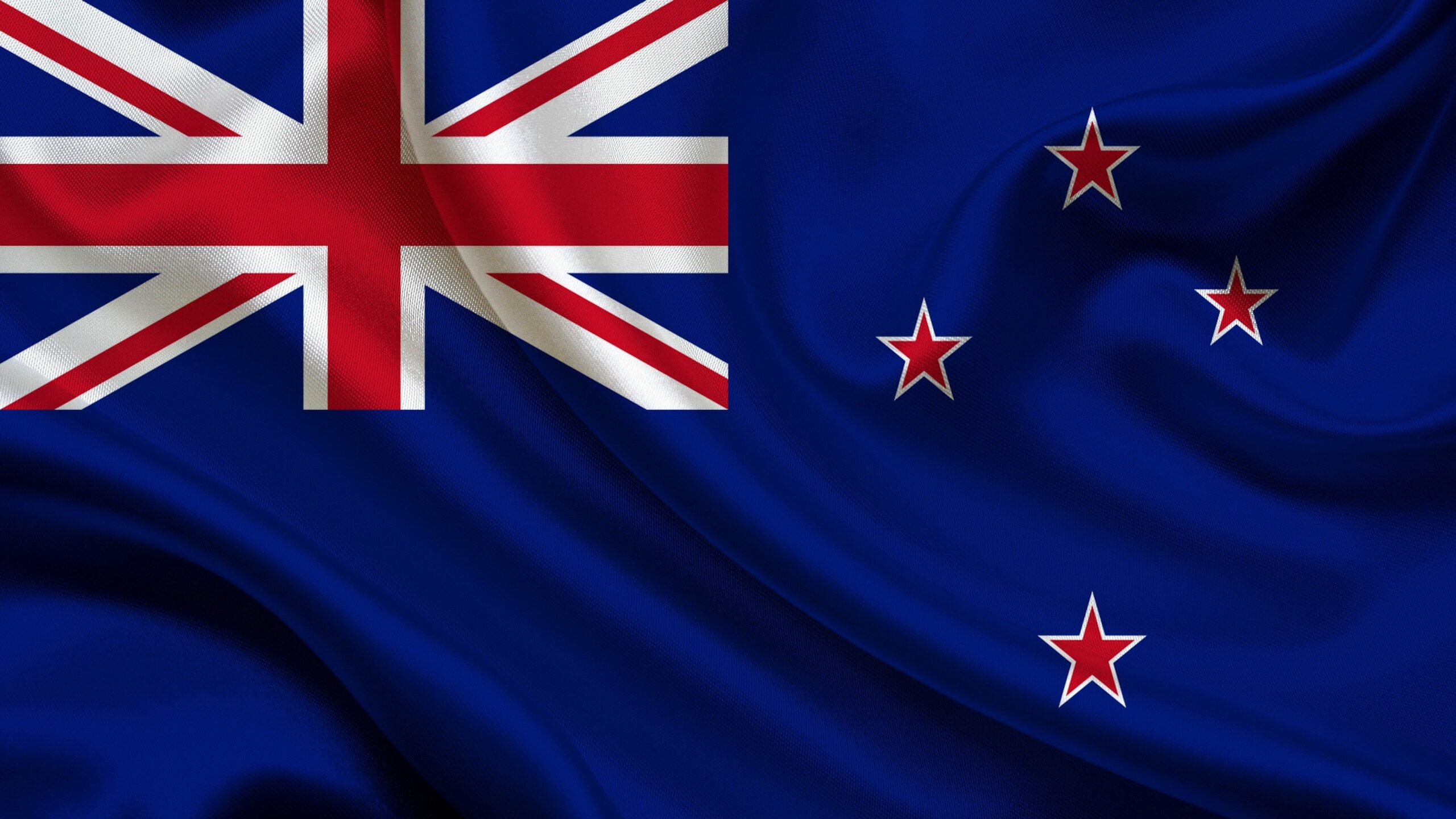by Martin Haffner Associate Editor
In a stark warning that underscores the evolving geopolitical landscape of the Pacific region, New Zealand’s leading intelligence officer has raised alarms over China’s growing influence in the area. This statement comes as global tensions escalate and nations seek to safeguard their sovereignty and interests amidst strategic rivalries.
In recent years, China’s economic expansion has fostered a stronger military presence and heightened political engagements in the Pacific Islands. Through investments, aid packages, and infrastructure projects, China has successfully established relationships with several Pacific nations, which in turn has led to concerns regarding regional stability and the potential threat to democratic governance.
New Zealand’s Director-General of the Government Communications Security Bureau (GCSB), in a comprehensive address, highlighted this shifting dynamic, stating that the ramifications of China’s assertive policies extend beyond simple economic outreach. “China’s growing footprint in the Pacific represents not just a challenge to traditional alliances but presents a recalibration of power that could undermine the values of democracy and human rights,” he remarked.
In light of these developments, New Zealand’s intelligence chief voiced strong support for the Five Eyes alliance—comprising Australia, Canada, the United Kingdom, the United States, and New Zealand. The alliance, which has historically focused on intelligence sharing, is increasingly viewed as a necessary framework for addressing common threats posed by authoritarian regimes.
The director-general emphasized that the Five Eyes partnership is vital for fostering collective security in the context of rising Chinese influence. “By enhancing our collaborative efforts, sharing intelligence, and aligning our strategies, we can better safeguard our interests and the values we hold dear,” he stated.
The concerns raised by New Zealand’s top spy resonate with other nations in the Pacific and beyond. Countries such as Australia and the United States have also expressed similar worries about the implications of China’s expanding reach. As a result, there have been calls for a more united front against any attempts at coercive diplomacy or influence in the region.
Efforts to strengthen ties with Pacific Island nations are becoming increasingly urgent. Initiatives aimed at bolstering economic partnerships, climate change collaboration, and disaster response capabilities are seen as crucial for countering the allure of Chinese investments. The Five Eyes nations have been encouraged to enhance their engagement strategies to ensure that Pacific countries have viable alternatives to Chinese involvement.
As New Zealand’s top intelligence officer warns against the implications of China’s influence in the Pacific, the message is clear: collective action through alliances like Five Eyes is paramount. By strengthening diplomatic, economic, and security ties within the region, New Zealand and its allies can work to uphold democratic values while countering the threats posed by authoritarian regimes.
As geopolitical dynamics continue to evolve, the Pacific will undoubtedly remain a focal point of contention. For New Zealand, fostering an environment of cooperation and resilience within its own region is essential for ensuring the safety and prosperity of its citizens and its allies in the facing shifting global tides.



